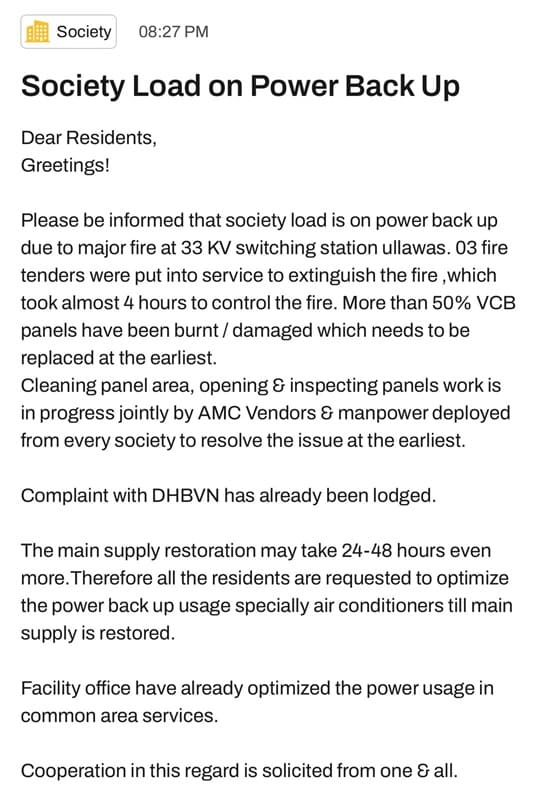There’s something uniquely fascinating about children and their effortless joy in open play areas. Kids are drawn to these spaces with an enthusiasm that feels boundless, especially when they spot the swings, slides, and open grounds that await their energy. Today, I noticed Oshee’s growing attachment to these places, as if every visit is an adventure. The moment she catches sight of a playground, her eyes light up, an instant gleam of excitement that is hard to miss. It’s as if she knows that this is her domain, where the world opens up to let her run, climb, slide, and swing without restraint. Watching her revel in the joy of play reminds me of the simple wonders of childhood, a time when something as basic as an open field or a colorful slide could be the highlight of the day.

Since Oshee arrived in India from Dubai, her enjoyment of playgrounds has only intensified. The novelty of these familiar play structures and the freedom to explore has become a part of our routine. We visit various local parks and play areas, where she navigates her way from the swings to the slides and back again, often pausing to simply observe other children at play or the sight of a bird flying past. There’s an innocence to it, a sense of wonder that these play areas provide—a space where curiosity meets freedom. With each trip, she seems to explore something new, whether it’s learning to climb higher on a jungle gym or simply learning to slide with a bit more courage.
There’s also something grounding about play areas for children and parents alike. For Oshee, it’s more than just a space to expend her energy; it’s where she learns to take turns, wait for her slide, or find the courage to let go of the swing’s chain a little less tightly. For me, it’s a reminder of how much joy can be drawn from such simple activities. The swings, slides, and other equipment may seem like just structures, but to a child, they are gateways to endless imagination and play. It’s a part of her day where she doesn’t need to think about anything beyond the moment—no complex instructions or rules, just pure play. Watching her, I’m reminded of the simplicity of joy and the importance of spaces that foster this freedom.
Play areas also highlight a certain universality—no matter where children are from, no matter the language they speak, playgrounds are a shared world. When Oshee steps into a play area, she isn’t concerned with boundaries; she’s there to have fun, to make friends with whoever is nearby. This universality of play is something profoundly valuable and has made me realize the quiet importance of maintaining and supporting these spaces. They are places where children can be themselves, where laughter echoes, and where every little accomplishment—a higher swing, a faster run, or a smoother slide—feels like a major victory. Oshee’s joy in these play areas is a constant reminder of why such spaces are essential, not only for her but for every child who finds joy in the simple act of play.

